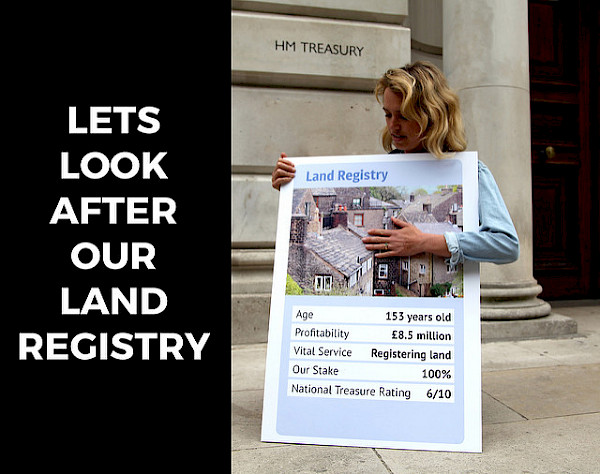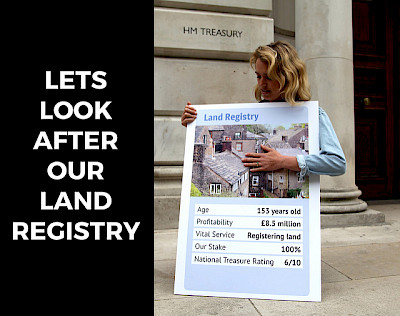
8 Apr 2016
The Panama Papers have blown the lid on the issue of offshore trusts and companies used to hide the profits and wealth of the rich. Amongst the world leaders and celebrities squirrelling money away from the authorities, we’ve also learnt that 31,000 offshore companies own £170 billion worth of UK property. 10% of those companies were linked to a single law firm at the centre of the Panama Papers, Mossack Fonseca.
But what’s this got to do with the UK Land Registry?
Put simply, it's the public nature of the Land Registry that helps us see how much of the UK is owned by offshore companies. Investigative journalism has been reliant on Land Registry data, which is relatively easily available because it’s a public institution. And it’s a great reason to keep it that way.
This isn’t the first time we've seen the extent of offshore ownership of UK property laid bare. In September 2015 Private Eye used Freedom of Information requests to create a register of all the property acquired by offshore companies between 1999 and 2014. These properties are owned by companies based in tax havens from Panama to Luxembourg, often hiding beneficial owners speculating on property prices and paying as little tax as possible.
The Private Eye data is a truly incredible piece of research. It shows that between 1999 and 2014 over 100,000 properties had been bought by companies registered offshore. Everything from the expected (vast swathes of Kensington High Street) to the unexpected (the building that homes Dourof’s Carpet Warehouse in Lewisham) is owned offshore. Have a look. What land and buildings are owned offshore in your area?
It’s doubtful that this research would be possible with a privatised Land Registry because we can’t be certain that the Freedom of Information Act would apply. It’s easy to see that if the Land Registry is privatised there’s a danger that data on land and property ownership is controlled by a monopoly with little incentive or desire to make this data available. With this government attacking Freedom of Information, it’s fair to assume accessing this data will be a lot harder – and more expensive – if the Land Registry is sold off.
If the government really wants to tackle tax evasion then a public Land Registry is essential. A public body like the Land Registry is in the perfect position to assist the government in identifying and questioning offshore ownership arrangements, and to work to reveal the ultimate beneficial owners.
Moreover, when the direction of travel around the world is towards open data - to increase transparency and accountability, and level the playing field for start ups - why would we put barriers up in place of accessing that data?
Of course, there are tons of other reasons not to privatise the Land Registry. It makes us money. It’s an essential public service. And the privatisation is not wanted by the public. Last time the government tried to enforce the Land Registry privatisation a staggering 89% of respondents to the consultation said they would not be comfortable with the private sector processing land registration information. That’s quite a mandate for those, like us, that are opposing the prospect of privatisation again.
Add this to the issues raised by the Panama Papers, and it’s easy to see that we really shouldn’t be privatising the Land Registry. It just doesn’t make sense.


Comments
Nadine 10 years ago
Let's not give the rich and elite any more ways to collude to hide money and assets - don't privatise the Land Registry!
Reply
Juanita cooke 10 years ago
There is also a strong risk of fraudulent dealings if the LR is privatised
Reply